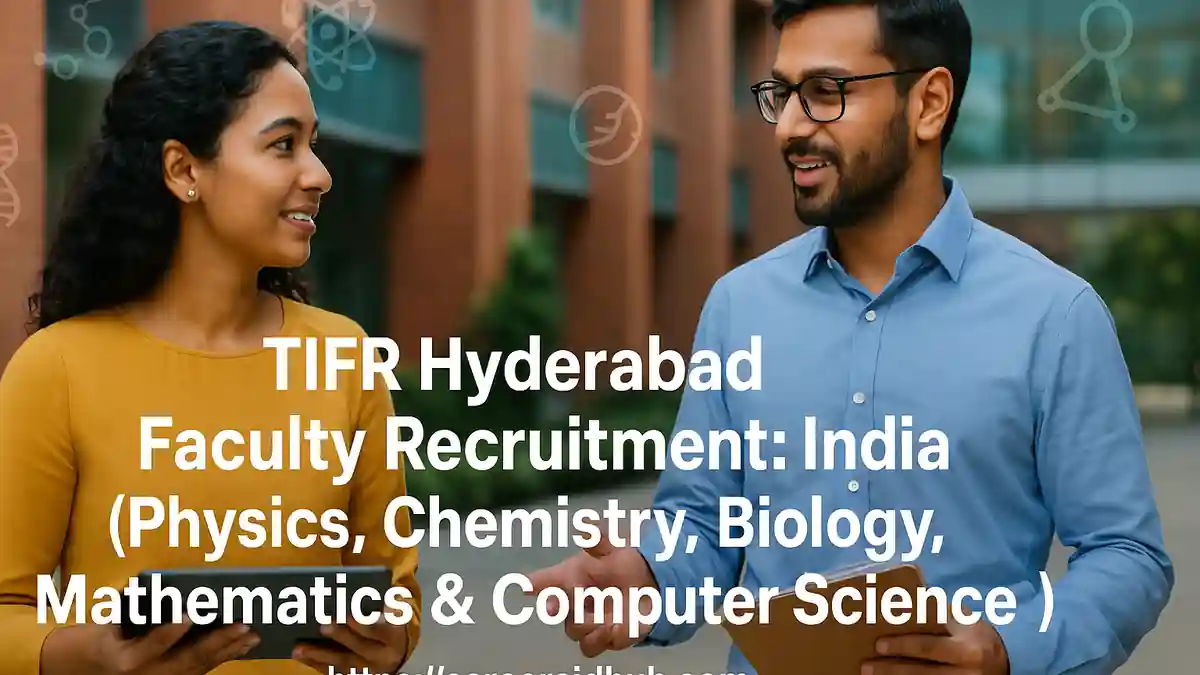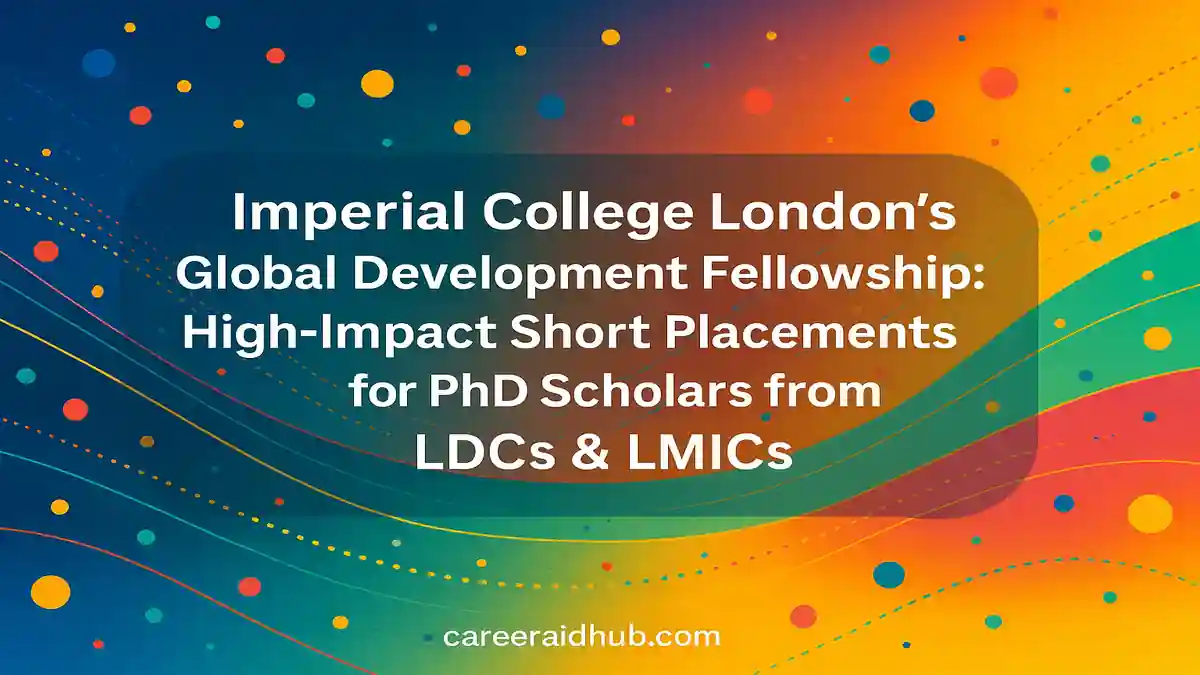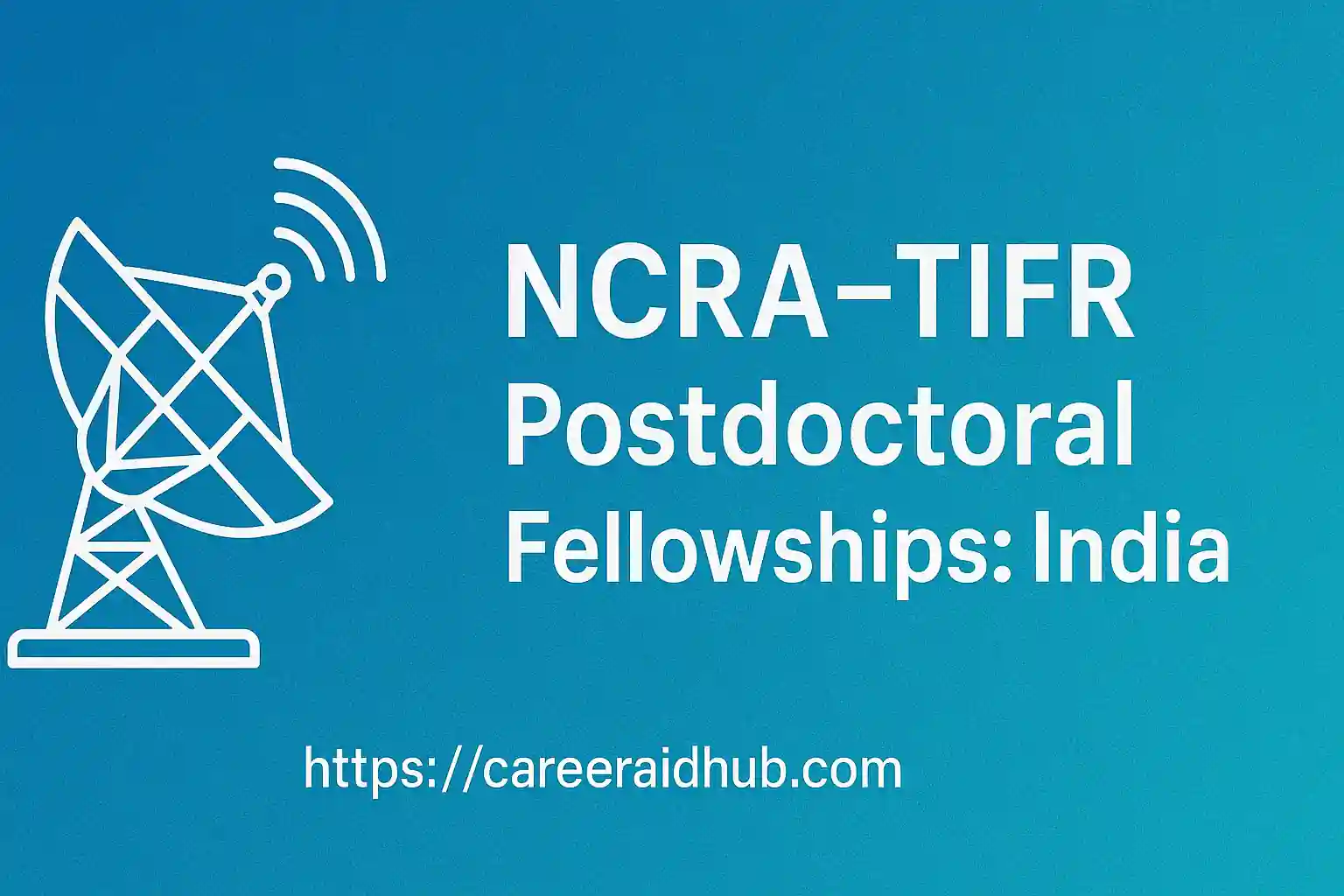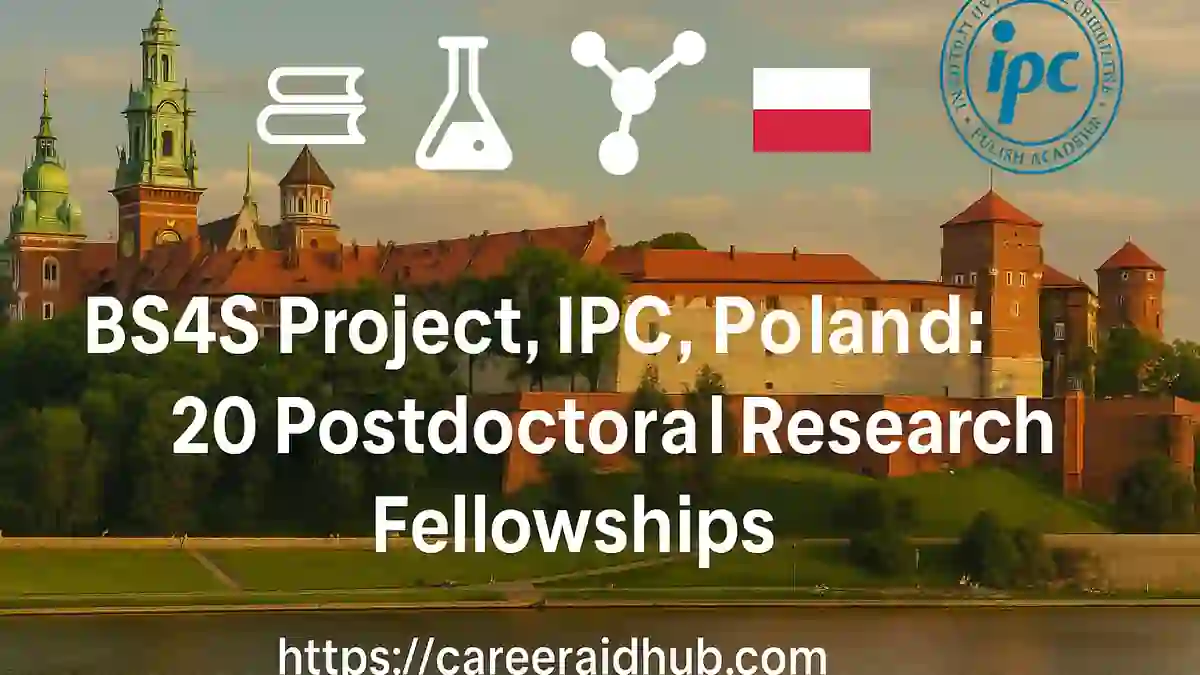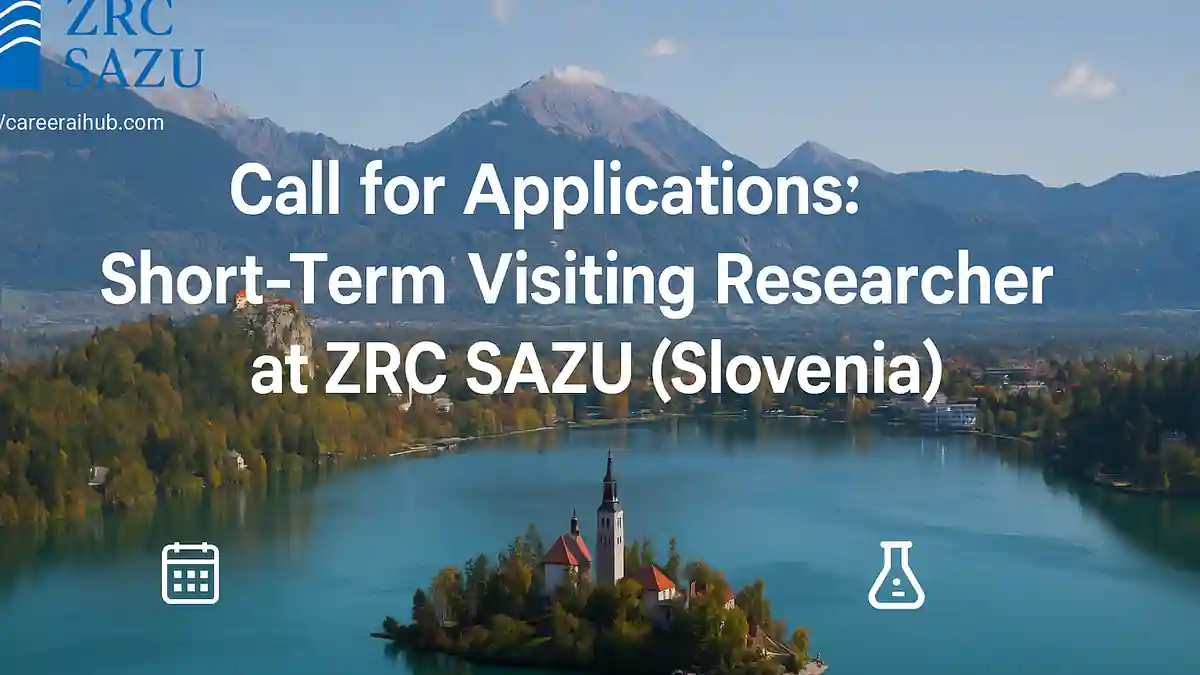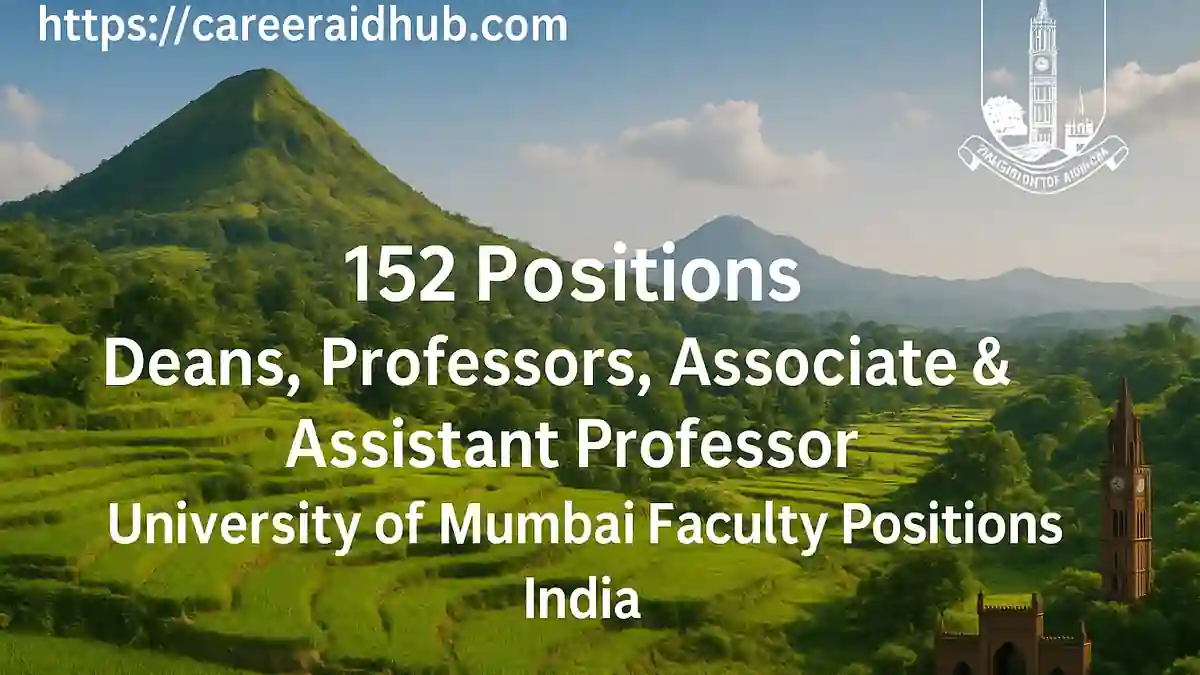The Marie Skłodowska-Curie Actions (MSCA) Staff Exchanges program, under the Horizon Europe framework, is a key initiative designed to promote innovation-driven partnerships by enabling structured, cross-border staff mobility. This scheme supports the short-term exchange of research and innovation (R&I) personnel among academic, industrial, and non-academic organizations across different countries and sectors.
The MSCA Staff Exchanges program supports short-term international, inter-sectoral, and interdisciplinary mobility for research and innovation staff. It empowers organizations to build sustainable partnerships, transfer knowledge, and boost human capital through well-structured global collaboration.
According to the official European Commission MSCA Staff Exchanges page, the scheme facilitates dynamic cooperation and skills transfer that extend well beyond the funded duration. It is particularly aimed at fostering durable, multi-sectoral collaborations that fuel Europe’s knowledge economy.
Objectives of MSCA Staff Exchanges
The primary goal of the MSCA Staff Exchanges program is to foster international, inter-sectoral, and interdisciplinary cooperation by facilitating the secondment of staff members to partner institutions. This mobility mechanism contributes to:
- Bidirectional knowledge transfer between academia and industry
- Skill enhancement for all categories of R&I staff, including researchers, technicians, and administrative personnel
- Network development, both during and after the project
- Sustainable capacity building through reciprocal learning environments
By bringing together organizations with
Eligible Participants and Structure
The MSCA-SE scheme is open to a broad spectrum of organizations involved in research and innovation activities. These include universities, public or private research institutes, SMEs, large enterprises, civil society organizations, and governmental agencies.
Consortium Requirements
To be eligible, a consortium must include:
- At least three independent legal entities
- Each from three different countries
- With at least two located in EU Member States or Horizon Europe Associated Countries
If all partners belong to the same sector (e.g., only academic or only non-academic), then at least one organization must be from a non-associated Third Country.
While organizations outside Europe are encouraged to participate, only entities based in EU or associated countries are eligible to receive funding. Nevertheless, third-country institutions can play crucial roles in creating global innovation ecosystems.
Staff Eligibility
Personnel eligible for secondment include:
- Researchers at any career stage
- Managerial, technical, or administrative staff engaged in R&I
These individuals must be affiliated with the sending institution for at least one month prior
Duration and Implementation
Each MSCA Staff Exchanges project can last up to 48 months. Individual secondments must be a minimum of one month and may extend to twelve months per staff member.
The maximum total secondment time permitted per project is 360 person-months, allocated across all consortium members. Institutions must ensure a balanced and impactful distribution of these secondments to achieve their stated research and innovation goals.
Seconded staff are expected to return to their home organizations post-mobility to help internalize and apply new insights, fostering long-term capacity development.
Mobility Dimensions: International, Inter-Sectoral, Interdisciplinary
To qualify under MSCA-SE, proposed secondments must involve at least one of the following mobility dimensions:
- International – Mobility between institutions based in different countries
- Inter-sectoral – Transfers between academic and non-academic organizations
- Interdisciplinary – Collaborations between different scientific disciplines
Key Conditions
- Secondments within the same EU country are not eligible unless they are interdisciplinary in nature
- Intra-sectoral secondments are permitted within EU/Associated Countries only if interdisciplinary and should not exceed one-third of total project duration
- Secondments involving Third Country organizations are allowed butmust not occur exclusively between Third Countries
These dimensions ensure that projects benefit from diverse perspectives, enriched problem-solving approaches, and broader innovation outcomes.
Funding Details
Funding is based on a unit cost model that offers comprehensive financial coverage for each person-month of secondment. The following components are covered:
- Top-up Allowance: €2,710/month for travel, accommodation, and subsistence expenses
- Research, Training, and Networking: €1,300/person-month to support R&I activities
- Management and Indirect Costs: €1,000/person-month to cover administrative operations
It is important to note that the salary of the seconded staff remains the responsibility of their home institution. The MSCA-SE grant serves as an additional top-up to facilitate the exchange.
Benefits to Participants
Institutional Advantages
- Full financial support for secondments and associated networking activities
- Strategic R&I partnerships with global institutions
- Cross-sectoral engagement leading to applied innovation and commercialization opportunities
Individual Benefits
- International exposure and inter-sectoral experience
- Development of interdisciplinary research skills
- Greater employability and academic growth
- Enhanced capacity to lead and manage future projects
The dual focus on institutional and individual development makes MSCA-SE a catalyst for both organizational growth and personal career progression.
Call Schedule and Important Dates
The current call for proposals HORIZON-MSCA-2025-SE-01-01 is
- Open: March 2025
- Close: October 2025
- Notification of Results: By January 2026
- Project Commencement: From April 2026
Strategies for a Competitive Proposal
- Design a Balanced Consortium
- Engage institutions from diverse sectors and countries
- Highlight complementary expertise and collaborative capacity
- Detail the Secondment Plan
- Define the nature, duration, and objectives of each exchange
- Clarify skill development and mentoring frameworks
- Focus on Interdisciplinary Themes
- Propose bottom-up research challenges relevant to EU/global priorities
- Demonstrate relevance across sectors and disciplines
- Ensure Sustainability and Impact
- Describe long-term benefits, follow-up collaborations, and internal knowledge transfer plans
- Incorporate Training and Dissemination Activities
- Include structured workshops, seminars, and outreach programs
High-quality proposals are well-aligned with the MSCA goals and exhibit clear value propositions for all stakeholders involved.
Case Studies and Real-World Impact
Numerous successful MSCA-SE projects demonstrate the effectiveness of the program in driving real-world research advancements:
- Collaborative projects addressing agricultural pesticide remediation through joint academic-industry research
- Cross-national secondments to promote energy storage innovations in southern Europe
- Public-private partnerships using big data analysis for healthcare optimization
Such projects not only generate scientific output but also produce tangible societal and economic benefits.
Application Procedure
Interested applicants must submit proposals via the Funding & Tenders Portal of the European Commission. Key steps include:
- Downloading the official Work Programme, templates, and evaluation forms
- Preparing the proposal in line with the required structure and evaluation criteria
- Engaging with National Contact Points or MSCA-NET for pre-submission support
- Participating in Info Days and Brokerage Events to strengthen partnerships
Application deadlines and official documentation will be updated periodically. Applicants are advised to subscribe to funding alerts.
Program Summary
Feature | Details |
Program Name | Marie Skłodowska-Curie Actions Staff Exchanges |
Host Region | European Union, Associated Countries, and Global Third Countries |
Funded By | European Commission (Horizon Europe Framework) |
Duration | Up to 48 months |
Study Mode | Full-time secondment |
Eligibility | R&I staff from eligible consortium partners |
Financial Support | €2,710 top-up + €1,300 research & training + €1,000 admin support per person-month |
Fields of Study | All disciplines (bottom-up approach) |
Next Deadline | 8 October 2025 |
Official Website |
Conclusion
The MSCA Staff Exchanges program serves as a cornerstone initiative in promoting excellence in research through structured mobility and international cooperation. By supporting knowledge transfer and cross-border collaboration, it equips both institutions and individuals to tackle complex global challenges.
Aspiring applicants are encouraged to explore this opportunity to enhance institutional research capacity and staff development. With strategic planning and a well-aligned proposal, MSCA-SE can be a transformative force in your research journey.
Frequently Asked Questions (FAQs)
The MSCA Staff Exchanges program funds short-term exchanges of research and innovation staff between international, inter-sectoral, and interdisciplinary partners to boost collaboration and knowledge transfer.
Research organizations, universities, SMEs, non-profits, and public bodies from eligible countries can apply as part of a consortium with at least three independent entities.
Researchers, technical staff, administrative, and managerial personnel involved in research and innovation activities are eligible if employed for at least one month before the exchange.
Each secondment must last between 1 to 12 months, and total project duration can extend up to 48 months across all participating partners.
Funding includes a monthly top-up allowance for travel and subsistence, plus support for research, training, networking, and administrative costs per secondment.
Yes, organizations from non-associated third countries can join consortia, but secondments between third-country partners alone are not eligible for funding.
Secondments must involve international, inter-sectoral, or interdisciplinary mobility. Same-country exchanges are allowed only under interdisciplinary conditions with restrictions.
Proposals are evaluated on excellence, impact, and implementation. Strong applications demonstrate collaboration, capacity-building, and sustainability.
The next call typically opens in March and closes in October. Exact dates are announced on the official European Commission portal.


